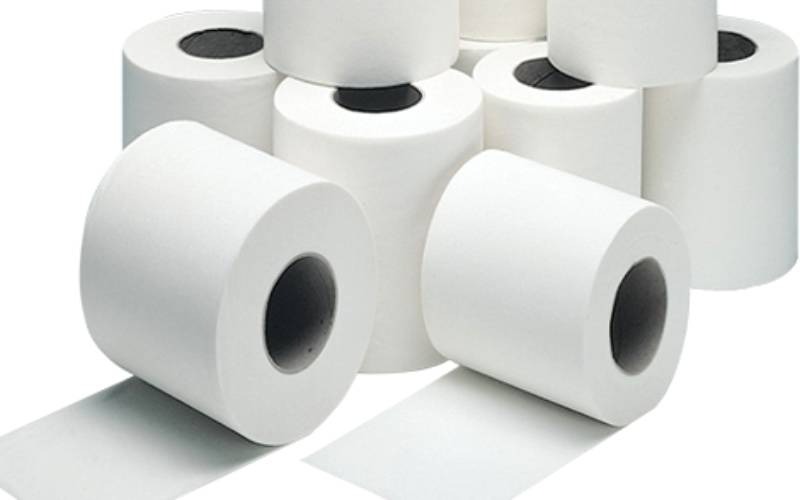×
The Standard e-Paper
Fearless, Trusted News

The price of tissue paper in Kenya has risen sharply in the last three months.
A product that was being sold for Sh20 earlier this year now goes for as high as Sh45, with some brands selling one for Sh60.